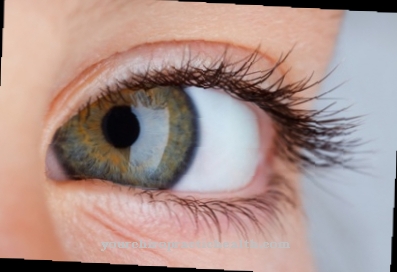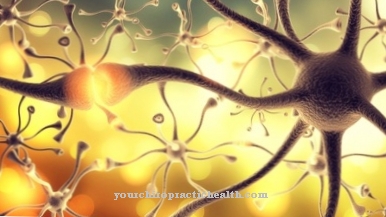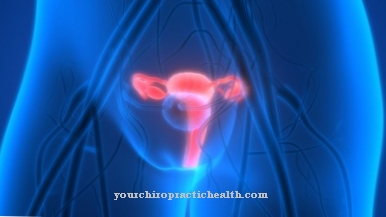It is not for nothing that it is said about the state of mind of joythat he heard better shared. The feeling of joy as a reaction to beautiful moments or situations acts like a gift, triggers a smile or a laugh. States of joy are serenity, exhilaration, freshness, well-being, confidence and optimism. The mood is high. Life is considered beautiful.
What is the joy?

In fact, joy is genetically determined as the basic emotion. The body reacts to this sensation with the release of endorphins, which trigger a feeling of happiness and are therefore also known as happiness hormones.
Joy is the moment of inner peace that shows itself as the certainty that you can achieve anything or that you have mastered the goals you have set yourself. This emotion is not a permanent state, but it is felt when the needs are met. The expression of joy can be subtle, but also exuberant, up to an uttered cry of joy. The body relaxes, feels detached and liberated.
The feeling of being happy is in contrast to the feeling of sadness. Without this change, humans would not be able to perceive the different emotions, would not grasp the contrast. That is why he can sometimes just be happy that he is happy.
Joy occurs in various forms, it can be constant, which is called the joy of life, imagining an event that has not yet occurred and turns into anticipation, but it can also be malicious joy in order to amuse yourself with the misfortune of others.
Function & task
Even for the ancient philosophers, joy was an important goal in life. The Greek Epicurus is considered a philosopher of joy or simple happiness. Some critics mistakenly confused Epicurus' statements with pleasure addiction, which in turn shows how closely joy and hedonism are related. But Epicurus said the goal was a blissful life. Man would do anything to avoid pain or excitement.
Buddhists think similarly. A state of joy and contentment should be achieved through meditation and mindfulness. This happens through reflection and self-awareness and goes hand in hand with sharing joy and caring for others. Achieving happiness, joy and balance become the goal here. It is important to avoid suffering.
In fact, joy works like a magnet. Those who are happy radiate this feeling, change through this emotion. Even if the inner joy is not immediately recognizable, it shows itself in a relaxed face or calm movements. A smile always causes real joy, not just in the expression of the lips, but in the overall appearance. People are drawn to joy. The person who is happy becomes more tolerant and patient.
The moment of joy can be targeted specifically. Even in Christianity, the act of charity was a service of joy. People experience inner satisfaction through the help they give to others.He also becomes aware that life is a gift. Joy triggers gratitude.
Even schadenfreude is a normal psychological phenomenon of everyday life and is sometimes good to recognize that certain goals have been achieved. The failure of others reflects your own success. Some people even enjoy the misfortune of their fellow human beings in order to forget that life is never the same and that they are never saved from misfortune. But malicious joy can also take place openly, as mockery, irony or sarcasm.
Illnesses & ailments
Just as joy is part of the everyday life of healthy people, even if not every day, there are people who are unable to be happy. The symptoms are joylessness and depression. No goal, no other person, no mood can trigger the emotion of joy.
In psychology, a person who has exuberant attacks of elation and outbursts of joy is manic-depressive, accompanied by gloomy moments and deep sadness that follow. Exuberant light-heartedness does not seem pathological until it shows itself in exaggerated form. If a healthy person meets a manic-depressive person, the feeling of elation quickly becomes inappropriate and unbearable. The emotion seems excessive.
Joylessness is therefore a disorder or a sign of worrying mood swings. A person prone to depression is unable to go through life carelessly or to react emotionally to a happy event. Compassionate joy for other people cannot be possible if the person is not even happy about his own conditions, just as it is hardly possible to love others without loving or at least appreciating oneself. A lack of joy leads to listlessness, depression, discouragement and resignation. The whole mind and body react to this inability to enjoy. Melancholy is also particularly evident in exhaustion.












.jpg)



.jpg)










.jpg)
